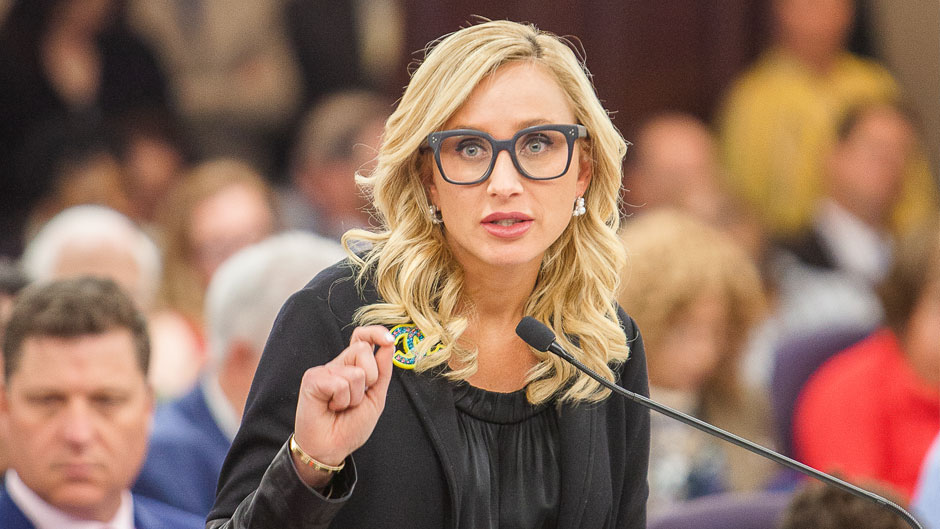Last week during National Internet Safety Month, Florida Governor Ron DeSantis signed a bill sponsored by Lauren’s Kids founder and CEO Lauren Book into law to help combat the proliferation of digital sex crimes. Senate Bill 1798: Sexually Related Offenses gives law enforcement and prosecutors tools they need to go after online predators.
“When personal and private images are stolen, bought, and sold online, we can now hold bad actors accountable,” says Book. “By recognizing the crime of ‘cyber trafficking’ and acknowledging the existence of deepfake images, we have given victims of these crimes hope that they will be heard and helped. Every single state in the country must follow Florida’s lead by updating their laws to reflect new threats in the digital age.”
WHAT THE BILL DOES:
- Establishes new standards for Florida’s “revenge porn” or “non-consensual pornography” statute by criminalizing the theft of sexually explicit images off another person’s phone or digital device with the intent to distribute or benefit from them in some way
- Prohibits someone from knowingly, willfully, and maliciously disseminating created “deepfake” sexually explicit images without the victim’s consent
- Increases existing civil damages where victims will now be entitled to seek up to $10,000 in damages against the individual who has willfully and knowingly chosen to inflict this kind of intimate terror
Did you know? 25 percent of smartphones and tablets contend with an online safety risk each month, and 1 in 5 children who touch a digital device will be sexually solicited online. The Internet is an incredible tool, but can be used to cause lasting damage to victims of digital sex crimes. When stolen, criminally solicited, or “deepfake” images are uploaded to the darkest corners of the Internet, victims can never truly get these things back as they are immediately downloaded, uploaded, and traded them part of a horrific “collector culture” where people are profiting off of a victim’s likeness and their personal, private digital property.
This is a very real and growing problem, but the law has not yet caught up with technology. Senator Book’s bill – now law – provides significant positive steps forward. Yet we also know more must be done on the federal level to protect innocent children, teens, and adults from digital predators.

